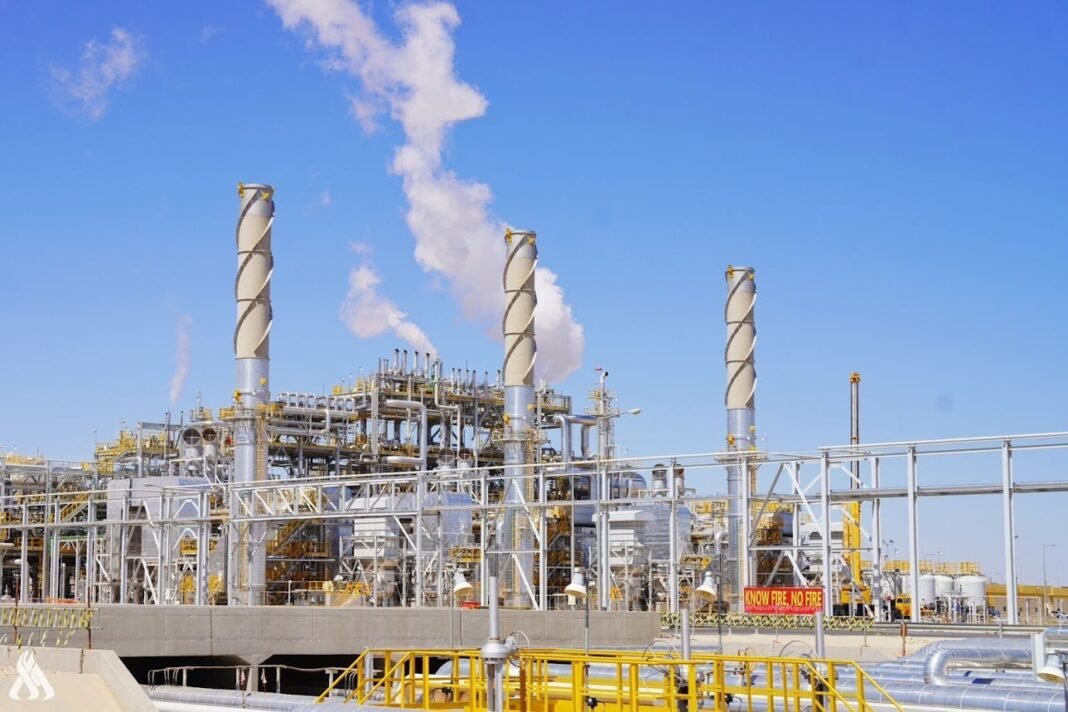The South Gas Company, a subsidiary of Iraq’s Ministry of Oil, announced on Thursday that the country’s gas production has surpassed 3,100 million standard cubic feet per day (mcf). The company also highlighted its efforts in investing associated gas and converting it into usable energy instead of burning it.
Hamza Abdul Baqi, the General Manager of the South Gas Company, explained that the company’s main goal is to efficiently invest the produced gas. He noted that most of the gas production is concentrated in the southern region of Iraq. Gas extracted from associated oil fields constitutes approximately 65% of Iraq’s total gas production.
Abdul Baqi further revealed that the South Gas Company, in collaboration with Basra Gas Company (where it holds a 51% stake), is actively working to invest in flared gas. The two companies are following clear and strategic plans to reduce gas flaring and maximize its potential for energy generation. He also mentioned several key upcoming projects aimed at further developing Iraq’s gas sector.
One of the most promising initiatives is the Artawi project, signed with the French energy giant Total. This project aims to invest 600 million cubic feet of gas from designated fields, with full implementation expected by 2028. Another project is underway in the Nasiriyah and Gharraf fields, which is being executed by Baker Hughes. This project will focus on investing all flared gas in these fields, with completion anticipated by mid-2026. Additionally, the Nahr Bin Omar field is set to witness full investment in flared gas under an agreement with local companies.
Regarding the Maysan, central, and northern fields, Abdul Baqi explained that associated gas from these regions requires additional processing and extraction before it can be used effectively in Iraq’s energy sector.
These developments mark significant progress in Iraq’s efforts to harness its gas resources, reduce flaring, and improve energy production.


